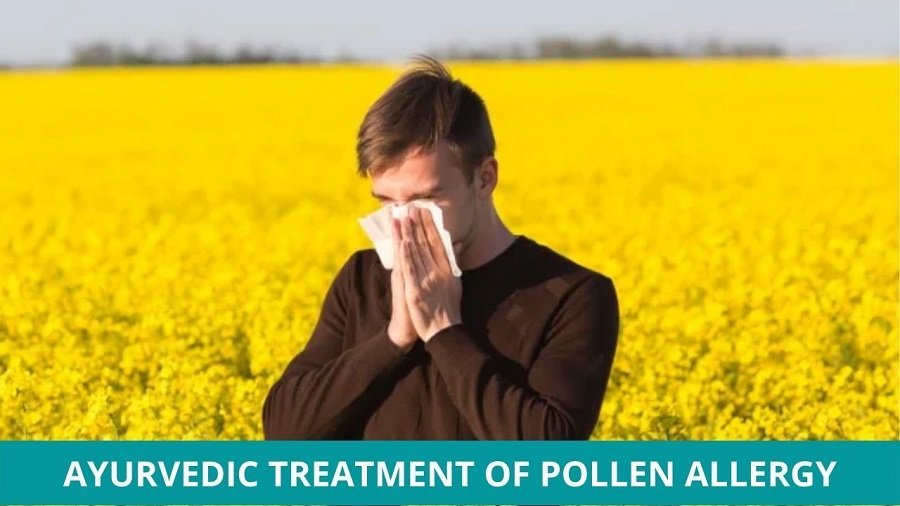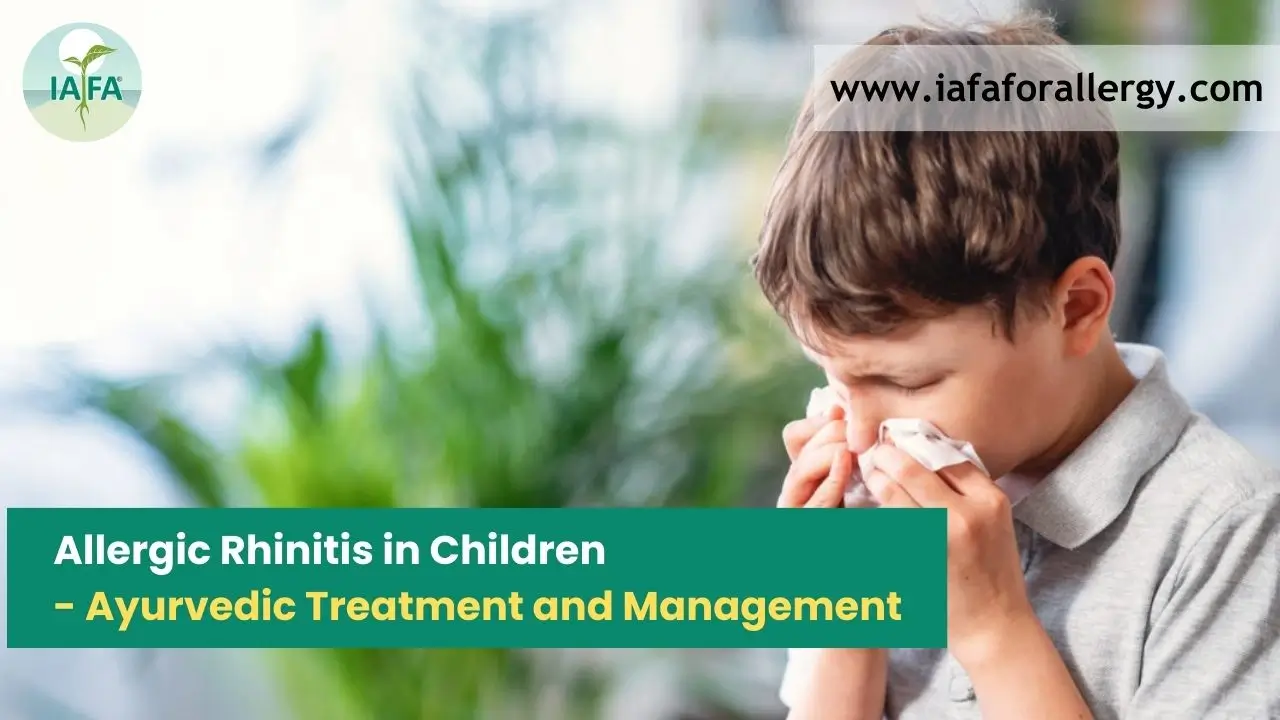Pollen is a fine yellowish powder whose spread helps in fertilizing the plants but causes misery for people who are sensitive to seasonal change and allergy sufferers. If you too are troubled by “seasonal allergic rhinitis” or pollen allergy, you’re at the right place as this article shall deal with everything that you would need to know about pollen allergy, its causes, symptoms, and treatments.
What is Pollen Allergy?
Pollen Allergy is an allergic reaction to pollens, which are tiny yellow grains, released by plants every summer, spring, and fall to fertilize other plants that belong to the same species. This allergic reaction affects the mucous membrane of the nose, and eyes, which leads to itchy eyes and nose, tearing of the eyes, nasal discharge, congestion, and itching in the inner ears and mouth.
The pollens are extremely tiny, light, and dry and therefore can be easily carried by wind, insects, birds, and other animals from one plant to the other, to carry out the process of fertilization. Pollens that come from trees, grasses, and weeds are the most common ones to trigger allergic reactions.
Cause of Pollen Allergy
Ragweed is the most common cause of pollen allergy. Pigweed, sagebrush, and tumbleweed are a few other common sources of weed pollen. Oaktree, birch, and cedar also produce highly allergenic pollen grains.
Symptoms of Pollen Allergy
Common symptoms of Pollen Allergy are:
- Nasal congestion or stuffy nose
- Runny nose
- Mucus production
- Facial pain caused by sinus pressure
- Itchy eyes, ears, nose, and mouth
- Scratchy throat
- Cough
- Watery eyes
- Red and swollen eyes
- Sneezing
- Partial loss of smell or taste
- Puffy eyes
- Asthmatic reactions
Ayurvedic Treatment of Pollen Allergy
Herbs that are useful in Ayurvedic treatment of Pollen Allergy are:-
1. Turmeric (Curcuma Longa)
The active component present in turmeric is called Curcuma, which is known for its medicinal and antiallergic properties and for treating high fever, allergies, and inflammatory diseases.
2. Neem (Azadirachta Indica)
Neem is often used as an anti-allergic agent to relieve certain allergies.
3. Butterbur
The herb is known to cure and treat certain unpleasant allergies naturally.
4. Stinging Nettle
A perennial flowering plant, that has been medicinally accepted and acknowledged since ages. The plant contains anti-inflammatory properties that help in combating seasonal allergies.
5. Rosemary
The rosmarinic acid in this herb contains both anti-inflammatory and antioxidant properties, that help in fighting allergic symptoms and also provide relief to asthma sufferers.
Ayurveda focuses on the treatment of allergies by pacifying the imbalanced dosha and treating the ailment from the root causes.
8 Tips to Prevent Pollen Allergies
- Try and limit your outdoor outings when the pollen count in the air is high. This helps in reducing the amount of pollen inhalation.
- Make sure you bathe and shampoo every day before going to bed as this will wash off any pollen grains that might have stuck to your hair and skin and will prevent it from entering your bed.
- Keep the windows closed during the pollen season and make sure you use certified asthma and allergy filter attachment in your air conditioners.
- While going outdoors, do wear a hat and a pair of sunglasses to prevent the pollen from sticking to your eyelashes or hair.
- Wash your bedding at least twice a week with hot soapy water.
- Dry your clothes in a cloth dryer and avoid drying them outdoors.
- Limit your contact with pets as pollens tend to stick on the animal’s fur and hair.
- Immediately change the clothes worn for outdoor activities.
Conclusion
Being cautious and observing the above-mentioned prevention and ayurvedic treatment during season change can invaluable contribute in avoiding seasonal and pollen allergy. For further assistance and medical guidance, contact us at IAFA ®, where we provide expert advice and medical cure to fight against various allergies and ailments.








